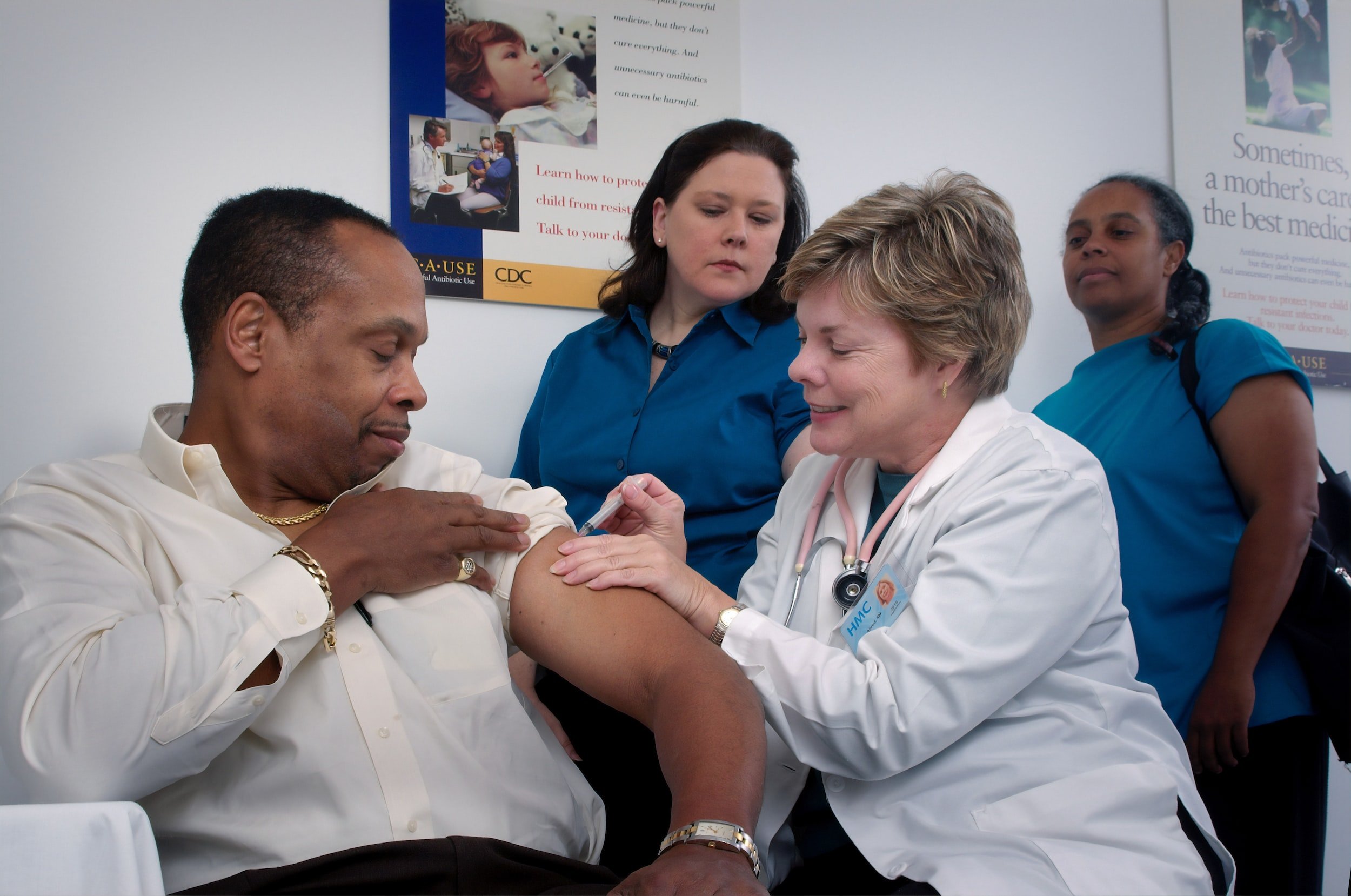Your loved one is Aging. Now What?
When my Grandparents finally started to show their age, I was in shock. It had never occurred to me that they would ever get old! In my mind, they would always be the 65-year-olds that played baseball in the big fields with me. This is something that we all must face at some point, though. We all need help from time to time, but you also want them to feel like themselves as much as possible. Read below for some helpful tips on how to get through one of the tougher situations of life.
The first step is to examine one’s attitudes and assumptions regarding your loved one.
Attitudes will depend on how they have been wired and conditioned to think about or react to a certain situation. For example, my Grandfather was a Master Sergeant in the Air Force. He was extremely particular with certain things. He was very much in a routine. Anything outside of it made him anxious. My Grandmother was extremely stubborn and independent. If she didn't agree or like something, we would have to figure out a plan B because there was no way to make her do it. We took all of this in when considering their options for care.
Talk to your siblings, spouse, or partner about their expectations for the future.
This is probably one of the most difficult parts of care planning. Not all siblings are close, and everyone has an opinion. You have to remove yourself from the equation at that moment and realize that it is about your loved one at the end of the day. Their well-being trumps your sister cutting your barbie's hair when you were seven. If any issues do arise, do not argue in front of your aging loved one. I can not tell you how many family meetings we had that ended in tears or feelings of being invalidated. It's best to try and compromise. If that does not work, I recommend hitting the issue head-on. Take the opposing party to the side and discuss. Don't be afraid to tell them your side. Also, don't let them bully you into something you are uncomfortable with
This is hard for everyone! No one's feelings are greater or hold more weight than anothers', this is about caring for our aging loved ones!
Don't try to handle everything alone; use the available resources.
There are so many different resources available nowadays. The Alzheimer's Association can assist. The local Office on Aging can also assist. They have information regarding every topic that you could think of. Don't feel bad about not knowing all of the answers. This is something that you wouldn't know until you had to know. For example, I did not know that "Thick It" was a product that assists people with trouble swallowing, known as dysphagia. You will learn as you go. And that's ok!
Get your medical information in order.
I can't tell you how often my mother and I were confused about what this medication was for or what time that medication was supposed to be taken. If you can, I highly suggest you go to a doctor's visit with your loved one. Get a better understanding of what is going on. You will want to learn EVERYTHING you can! Don’t be afraid to ask tough questions. The better you understand, the better prepared you and your loved one will be.
Even if you don't stay at home, it's a good idea to have in-home safety assessments done before an emergency.
Many companies will come in and assess this for your loved one! Safety is a top priority. Try not to go too overboard. If your senior can handle it, try not to intrude on their independence. That is very important for anyone, not just seniors. Older adults have lived their whole lives with their personalities and beliefs. If they reach a point when they cannot express themselves, they won’t feel like themselves. These feelings can lead to depression, anger, or destructive behavior.
Caring for an older loved one can be a big job, but it doesn't need to be overwhelming.
The aging process can bring a lot of changes to your loved one's health, lifestyle, and daily life. As they get older, they may experience more aches and pains, changes in their mental health that can affect how they interact with others, and a greater need for assistance with daily activities like bathing or dressing.
As you might imagine, caring for an older loved one is no easy task! However, it doesn't have to be overwhelming if you plan ahead and take things step by step.
I hope this article has given you some helpful tips for when you’re caring for an aging loved one. If there is anything that we missed or need more information on please let us know! Thanks so much for reading and Happy Caring.
